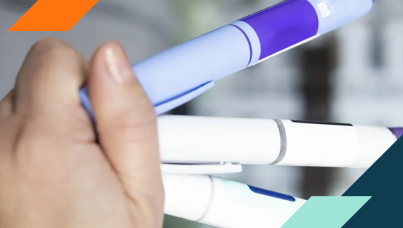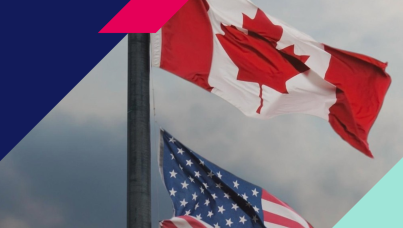While one third (36%) of Canadian adults know someone who suffers from a weak bladder, only half (55%) correctly define "incontinence"
This Angus Reid Group poll was commissioned by the Canadian Continence Federation. It was conducted by telephone between September 17th and 24th 1998 among a representative cross-section of 1500 Canadians.
These data were statistically weighted to ensure the sample's regional and age/sex composition reflects that of the actual Canadian population according to the 1996 Census data. With a sample of 1500, one can say with 95 percent certainty that the overall results are within +2.5 percentage points of what they would have been had the entire adult Canadian population been polled. The margin of error will be larger within regions and for other sub-groupings of the survey population.
While one third (36%) of Canadian adults know someone who suffers from a weak bladder, only half (55%) correctly define "incontinence"
On the eve of Incontinence Awareness Month (November), the Canadian Continence Federation commissioned the Angus Reid Group to gauge the level of awareness of incontinence (the involuntary or uncontrollable release of urine) and to measure the public's response to other related issues.
The survey found that,
- While one-third (36%) of adult Canadians know someone who suffers from a weak bladder, familiarity with the term "incontinence" is low (only 55% correctly defined the term).
- Relatively high levels of embarrassment are attached to purchasing adult diapers vis a vis tampons, yeast infection medication, condoms and hemorrhoid products.
One-third (36%) know someone with incontinence
Over one-third (36%) of respondents claim to know someone who suffers from a weak bladder. Sixty-three per cent indicate that they do not know anyone who suffers from this medical condition.
Women (45%) are more likely than men (27%) to indicate that they know someone who suffers from a weak bladder. The proportion is higher among older Canadians than among younger Canadians. Specifically, 45 per cent of those over 55 years know someone who suffers from a weak bladder compared to 38 per cent among those between 35 and 54 years and 27 per cent among those between 18 and 34 years.
Low levels of awareness
While one-third (36%) of adult Canadians know someone who suffers from a weak bladder, only half (55%) are familiar with the term "incontinence".
Canadian adults were asked to provide a definition of the word "incontinence". Only 55 per cent correctly define the term as being accidental urine or bowel leakage/control problems. An additional 38 per cent do not know what the term means while the remaining 7 per cent provide a variety of incorrect answers. Examples of incorrect definitions that were mentioned by a handful of respondents include, "problems with the stomach" and "inability to cope with life".
Adult diapers more embarrassing to purchase than other items tested
Canadians consider it more embarrassing to purchase adult diapers than condoms, tampons, hemorrhoid products or yeast infection medicine. When respondents were presented with these items and asked to indicate which product they consider the most embarrassing to purchase at a pharmacy, three in ten (29%) say that it is most embarrassing to purchase adult diapers; all other items lag behind. In particular, 15 per cent indicate that it is most embarrassing to purchase condoms, 10 per cent choose hemorrhoid products, 8 per cent say that it is yeast infection medicine and 7 per cent choose tampons. An additional 28 per cent volunteered that they don't find it embarrassing to purchase any of these items.
For more information on this news release, please contact:
Scott Megginson
Senior Research Manager
Angus Reid Group
(416) 324-2900



